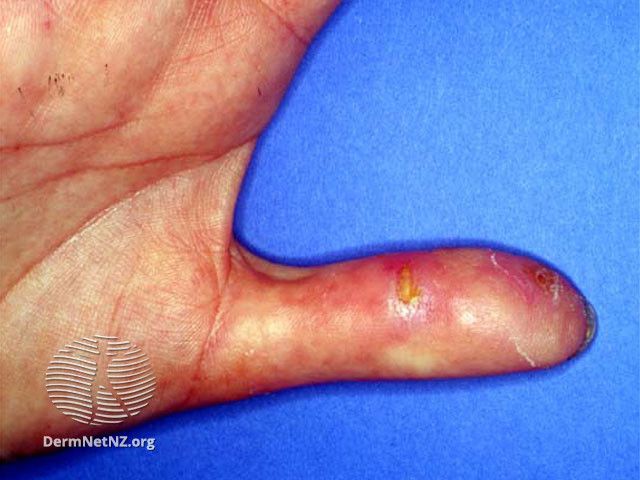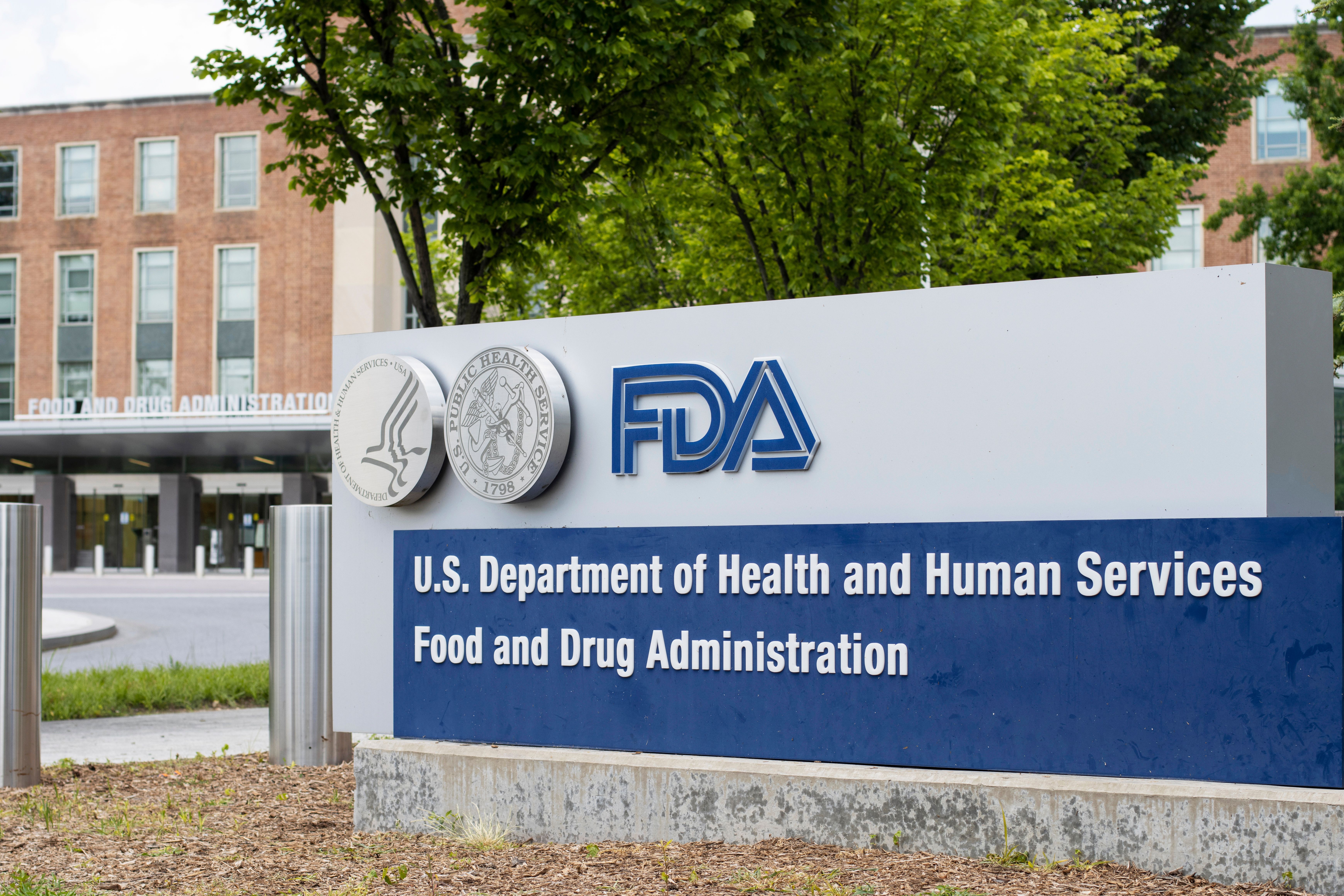- Acne
- Actinic Keratosis
- Aesthetics
- Alopecia
- Atopic Dermatitis
- Buy-and-Bill
- COVID-19
- Case-Based Roundtable
- Chronic Hand Eczema
- Chronic Spontaneous Urticaria
- Drug Watch
- Eczema
- General Dermatology
- Hidradenitis Suppurativa
- Melasma
- NP and PA
- Pediatric Dermatology
- Pigmentary Disorders
- Practice Management
- Precision Medicine and Biologics
- Prurigo Nodularis
- Psoriasis
- Psoriatic Arthritis
- Rare Disease
- Rosacea
- Skin Cancer
- Vitiligo
- Wound Care
News
Article
FDA Clears IND for KYV-101 for the Treatment of Scleroderma
Author(s):
Kyverna Therapeutics can now initiate its phase 1/2 open-label, multicenter study of KYV-101.
Today, the US Food and Drug Administration (FDA) cleared the third investigational new drug application (IND) of KYV-101 by Kyverna Therapeutics for the treatment of diffuse cutaneous systemic sclerosis (scleroderma). The FDA clearance allows Kyverna to begin its phase 1/2 open-label, multicenter study of KYV-101, an autologous fully human anti-CD19 chimeric antigen receptor (CAR) T cell therapy.1
Kyverna’s trial, KYSA-5, will be in addition to the phase 1 KYSA-1 trial in the US and the phase 1/2 KYSA-3 trial in Germany where KYV-101 is being investigated in adults with active lupus nephritis.
"We welcome Kyverna's enthusiasm and interest to push forward with their CAR T approach in scleroderma patients with the KYSA-5 trial," said Luke Evnin, chairman of the Scleroderma Research Foundation, in the news release. "We await the results with optimism that CAR-T driven B cell ablation may ultimately deliver efficacy with adequate safety for a broader range of our patients than immune-ablative chemotherapy alone."
With the third approved IND, KYV-101 is a novel, fully human anti-CD19 CAR T-cell therapy that is designed for use in B cell-driven autoimmune diseases such as lupus nephritis, scleroderma, and other B cell-driven autoimmune diseases.
According to the news release, “In a 20-patient phase 1/2 study in oncology, expected anti-lymphoma activity was associated with a significant reduction of cytokines released that translated into a strong reduction of cytokine-driven side effects such as the rate of immune effector cell-associated neurotoxicity syndrome (ICANS).1 The fully human anti-CD19 CAR also translated into reduced immunogenicity that favorably impacted cell persistence at one month. Kyverna recognized that these properties singled out KYV-101 as a product ideally poised for use in patients with autoimmune diseases, and the company obtained exclusive, worldwide licenses from the National Institutes of Health (NIH) to use this CD19 construct in both autologous and allogeneic CAR T-cell therapies.”
Due to the involvement of both skin and internal organs, scleroderma treatment often requires a combination of medications and a multidisciplinary approach.
“We are immensely proud of being able to bring KYV-101 to patients suffering from scleroderma. We are keen to initiate our KYSA-5 trial in this new patient population and generate data to support our KYV-101 design goals. With the deep B cell depletion from KYV-101 treatment, patients with scleroderma may have a full reset of their immune system to stop the vicious cycle of their overactive immune system," concluded Peter Maag, PhD, chief executive officer of Kyverna Therapeutics.
Reference
- Kyverna Therapeutics announces FDA clearance of IND for KYV-101, a novel fully human CD19 CAR T-cell therapy to treat scleroderma. PR Newswire. News release. October 11, 2023. Accessed October 11, 2023. https://www.prnewswire.com/news-releases/kyverna-therapeutics-announces-fda-clearance-of-ind-for-kyv-101-a-novel-fully-human-cd19-car-t-cell-therapy-to-treat-scleroderma-301953561.html#:~:text=EMERYVILLE%2C%20Calif.%2C%20Oct.,for%20KYV-101%20by%20the
Newsletter
Like what you’re reading? Subscribe to Dermatology Times for weekly updates on therapies, innovations, and real-world practice tips.








